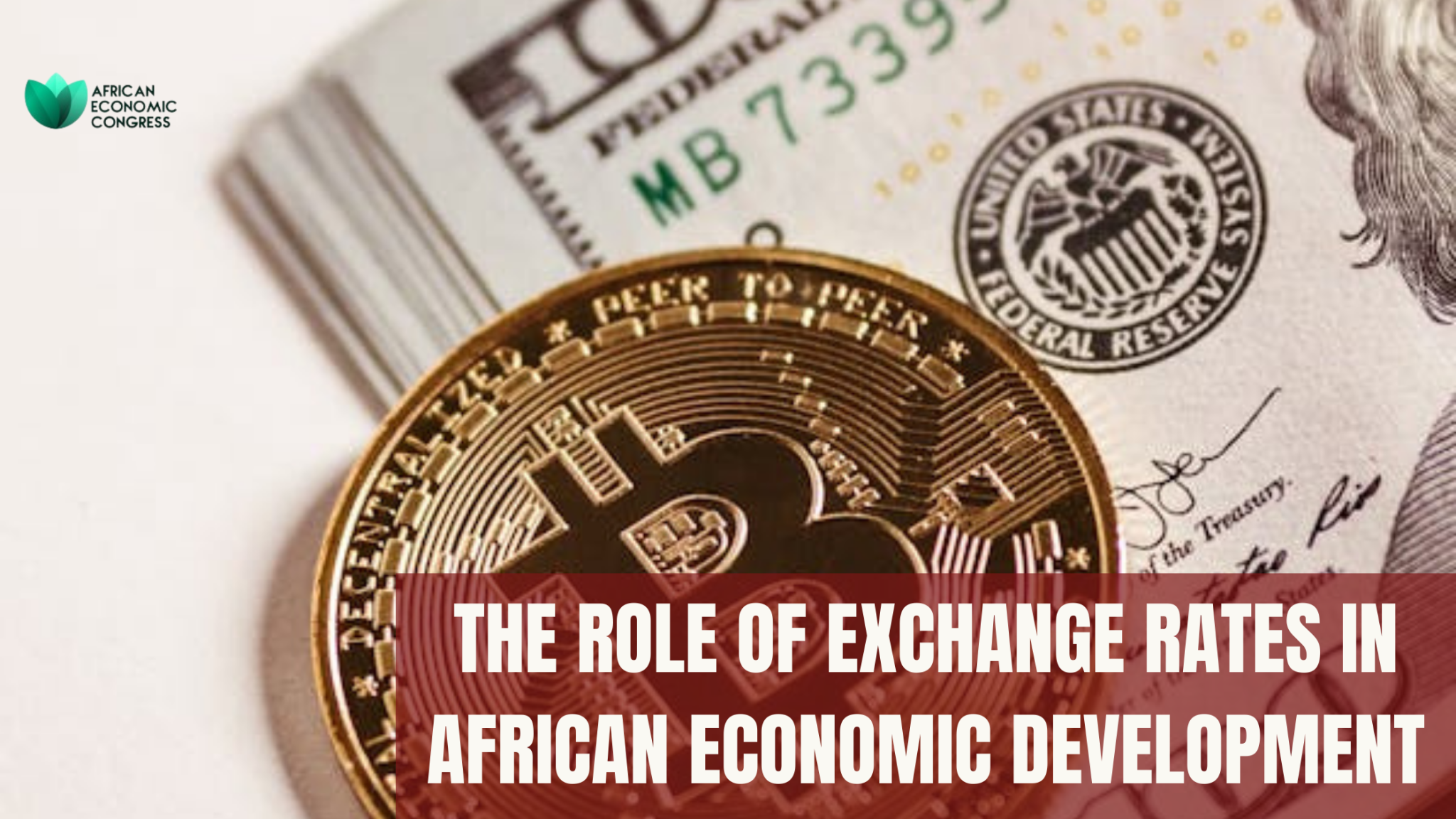Exchange rates are one of the critical variables affecting the economic development of nations, especially in Africa. In African countries, exchange rates play a significant role in determining economic development, influencing factors such as inflation, foreign investment, and overall economic stability.
The Role of Exchange Rates in African Economic Development
Impact on Trade Balance:
Exchange rates have a direct impact on the cost of imports and exports. For countries with weak currencies, exports become cheaper, providing more opportunities to compete in the global market, which can boost economic growth by promoting production and job creation. Conversely, countries with strong currencies can import goods at lower costs, benefiting consumers directly. The economic disparities between countries with weak and strong currencies are largely influenced by exchange rates. In countries like Nigeria, which rely heavily on the export of natural resources, economic fluctuations are closely tied to exchange rate movements.
Impact on Inflation:
Exchange rates directly affect the inflation of imported goods in a country. Appreciation of foreign currencies leads to higher costs for imported goods and services, which, in turn, drives up consumer prices. In 2023/2024, Nigeria experienced hyperinflation due to exchange rate instability, severely affecting the country’s economic growth.
Influence on Foreign Investment:
The stability of a country’s exchange rate significantly impacts its ability to attract foreign direct investment. Investors seek stable environments where the risk of currency depreciation is minimal. Countries like Kenya and Rwanda, with more predictable exchange rate regimes, tend to attract more foreign investors, aiding economic growth through job creation, technology transfer, and infrastructure development.
Policy Implications
To minimize the negative effects of exchange rate fluctuations, African countries must adopt sound monetary and fiscal policies, including:
- Provision of Adequate Foreign Reserves:
Maintaining sufficient foreign reserves can help stabilize local currencies during periods of external economic shocks. - Implementing Flexible Exchange Rate Regimes:
A flexible exchange rate can provide automatic and adequate economic adjustments to external economic shocks, contributing to long-term economic development. - Diversification of the Economy:
Diversifying economic sources can help countries mitigate economic difficulties during periods of exchange rate fluctuation.
Exchange rates act as a double-edged sword in the context of Africa’s economic development. While they offer opportunities to improve trade and attract investment, their instability poses significant economic risks to African economies.



